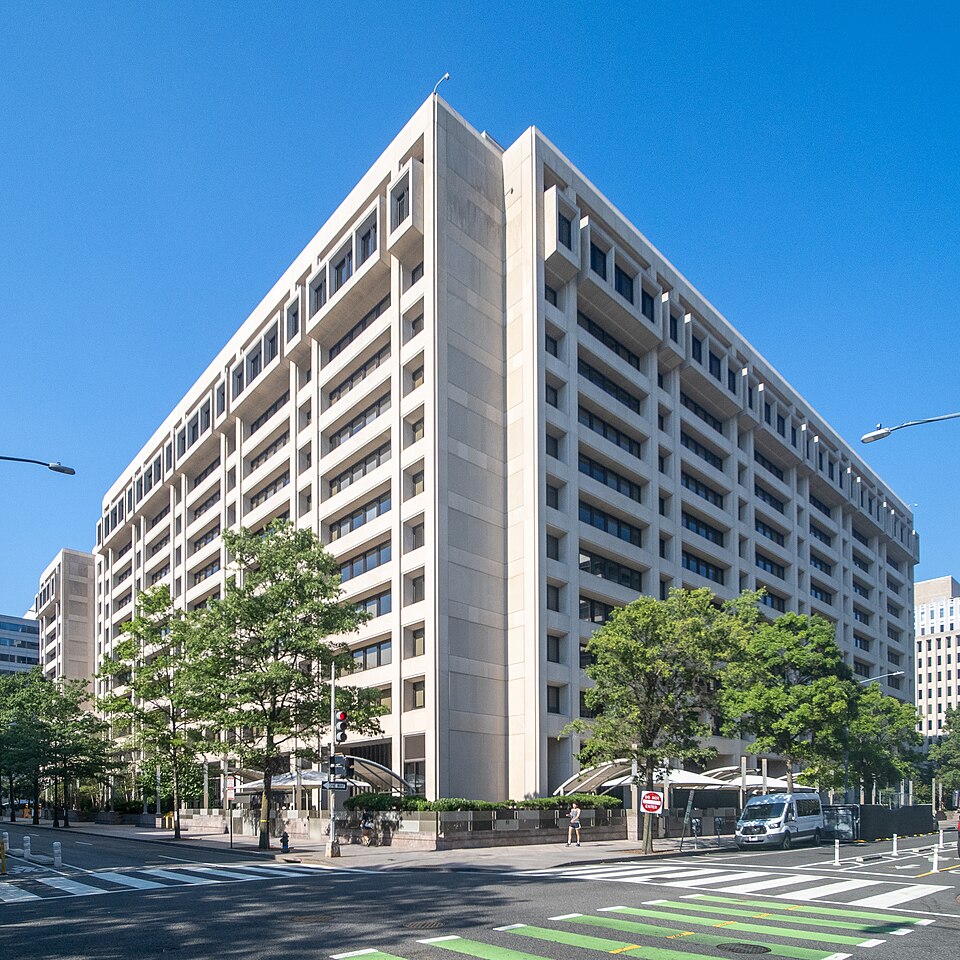N’DJAMENA, Chad — The government of Chad is seeking $30 billion in public and private investment to support its ambitious national development plan, with a focus on key sectors including digitalization, infrastructure, and energy. The investment push follows a recent agreement with the International Monetary Fund (IMF) for a four-year, $630 million financial support program.
Announcing the initiative, Finance Minister Tahir Hamid Nguilin emphasized Chad’s commitment to economic transformation through private sector-led growth. “We aim to favour private rather than public investment,” Nguilin told Reuters, noting that the government plans to issue new exploration permits to oil and mining companies in an effort to boost resource production and attract international capital.
The $30 billion investment target is part of Chad’s broader development strategy, which sets out to achieve an average annual economic growth rate of 8% over the next five years. The strategy prioritizes building digital infrastructure, expanding access to essential services, and improving transportation and energy networks — all seen as vital to diversifying the economy and reducing reliance on oil revenues.
Chad’s economy has faced significant challenges in recent years, including political instability, regional insecurity, and the fallout from global oil price volatility. However, officials hope the recent IMF agreement and planned investment drive will help stabilize the macroeconomic environment and lay the foundation for sustainable growth.
The IMF’s executive board approved the $630 million arrangement under the Extended Credit Facility (ECF) in May, saying it would support Chad’s efforts to strengthen public finances, enhance governance, and support inclusive growth. The IMF program is expected to unlock further donor support and improve investor confidence in the central African nation.
Chad, a landlocked country of about 17 million people, remains one of the world’s least developed nations, with high poverty rates and limited infrastructure. The government’s development plan aims to change that by creating jobs, improving connectivity, and increasing domestic production capacity.
“The private sector has a key role to play in realizing our vision for the future,” Nguilin said, pointing to ongoing reforms to make Chad a more attractive destination for investors.
It remains to be seen how quickly Chad can secure the necessary funding, but analysts say that strong political commitment and clear investment frameworks will be critical to translating plans into tangible results.
International-Monetary-Fund-IMF-Washington-DC-Picture-on-Wikimedia-by-ajay_suresh



